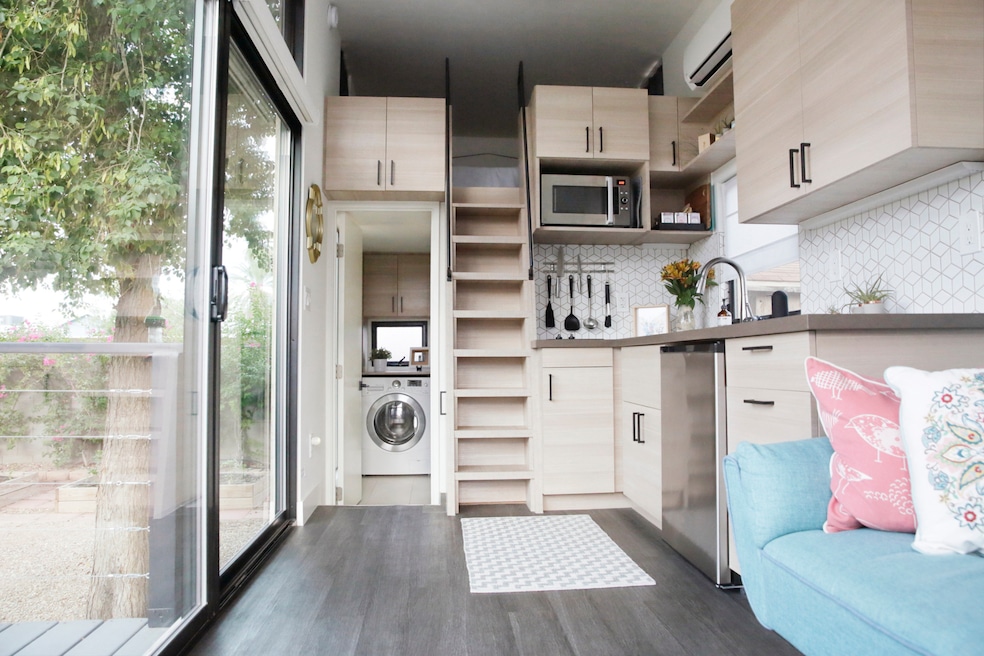Many homeowners face an uphill battle when building the tiny home of their dreams in their backyard, a source of housing used to house a relative and guests or to pay the bills. Now, policymakers want to make the journey a little easier.
Single-family homeowners often struggle to finance the construction of accessory dwelling units, ADUs, on their property. Nicknamed "mother-in-law suites" and "granny flats," these housing options often provide a refuge for renters looking for affordable compact housing. Many municipalities nationwide have embraced ADUs by changing zoning regulations to permit the construction of these residences, but, even with permits in hand, owners can find themselves looking at $100,000-plus construction fees and financing can often be hard to come by.
U.S. Reps. Sam Liccardo, a Democrat representing California, and Andrew Garbarino, a Republican representing New York who was just nominated to oversee the Homeland Security Committee as chairman, filed the Supporting Upgraded Property Projects and Lending for Yards, or SUPPLY, in July. If it passes Congress, the proposal would provide government insurance for ADU-related loans, essentially providing government-sponsored enterprises such as Fannie Mae, Freddie Mac, and Ginnie Mae with a financial safety net for these mortgages. That safety net would likely encourage the corporations to provide more loans.
“ADUs are providing one outlet where it’s possible to build more housing at relatively lower costs,” said Emily Hamilton, senior research fellow and director of the housing-focused Urbanity Project at the Mercatus Center at George Mason University.
The proposal now goes to the U.S. House Committee on Financial Services, and, if it passes, would head for a full House vote. An identical proposal or modified one would then appear in the Senate for its deliberations. Policymakers have yet to set a date for the bill to go before Financial Services, but the expectation would be soon given the Senate Banking Committee’s passing of the Renewing Opportunity in the American Dream to Housing Act, a bill with 40 housing-related initiatives.
The proposal drew a mix of reactions. It has support from industry groups, including the Washington, D.C.-headquartered Mortgage Bankers Association. A spokesperson for the group told Homes.com by email: “MBA supports legislative efforts to expand the eligibility for Accessory Dwelling Units (ADU) that will create a crucial pathway for the development of more affordable sources of housing by allowing homeowners to use federally insured loans to finance the construction of ADUs on their properties.”
It's a helpful move for homeowners, Hamilton said, but more can be done for renters and addressing housing concerns in general.
“Dollars should be targeted toward renters — very low-income renters,” she said, “who are in the most difficult position when it comes to housing affordability rather than toward programs to help make it possible for more people to build ADUs.”

